
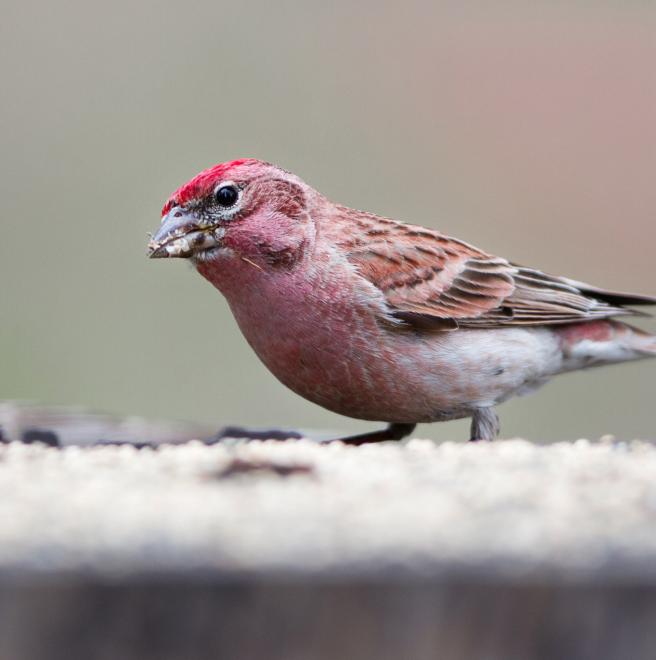
This species replaces the closely related Purple Finch in coniferous forests of the mountains of the interior west. It has a slightly crested look to the head and more delicate patterning overall. Since it is a bird of higher elevations, climate change is due to have a profoundly negative impact on it. Audubon's climate model projects that only 23 percent of the current summer range is stable, and the total amount of suitable climate space is anticipated to contract by 70 percent. It’s a similar situation in winter, with a 61-percent decrease in total available climate space and 67 percent of the current range becoming unsuitable. If the model’s projections hold true, Cassin’s Finch will become a scarce and local bird by 2080.
Explore more birds threatened by climate change around the country.
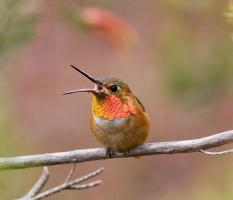
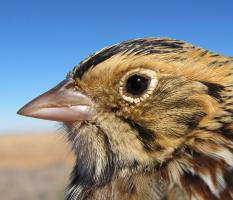



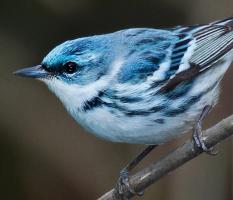
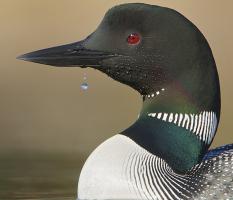


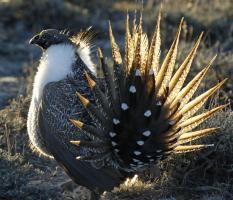

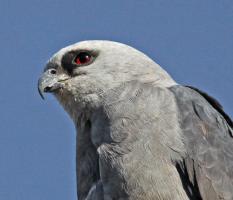


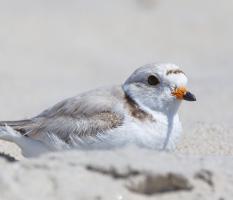
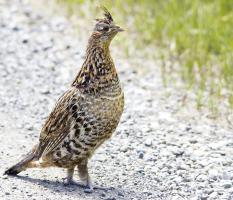
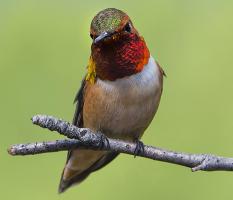


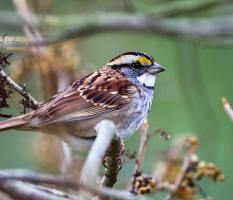
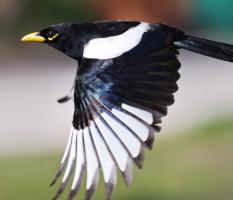
It's easier than you think to make a difference. Become an Audubon member today to help birds facing climate change.